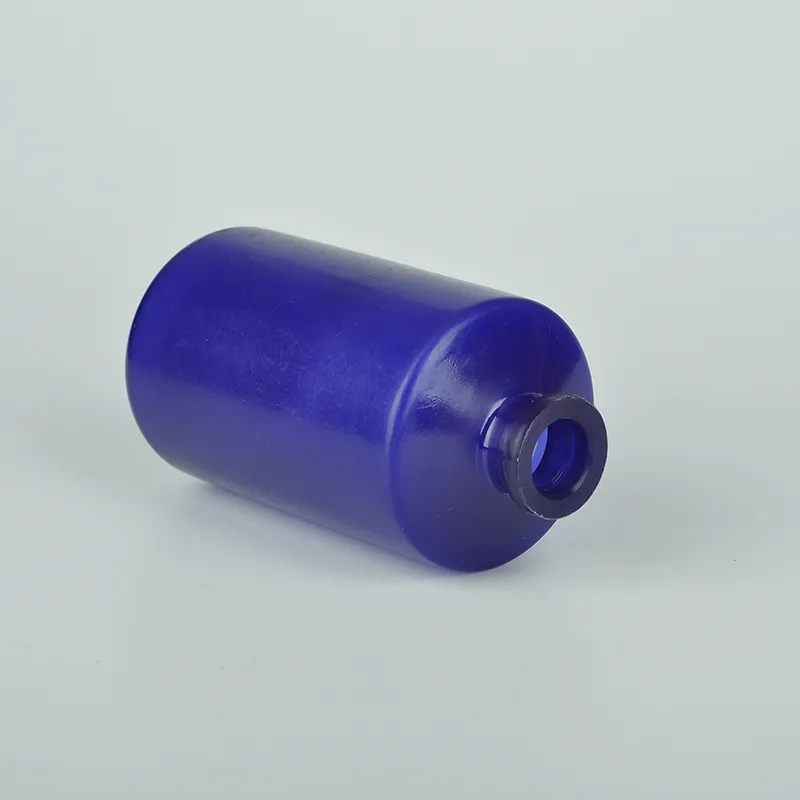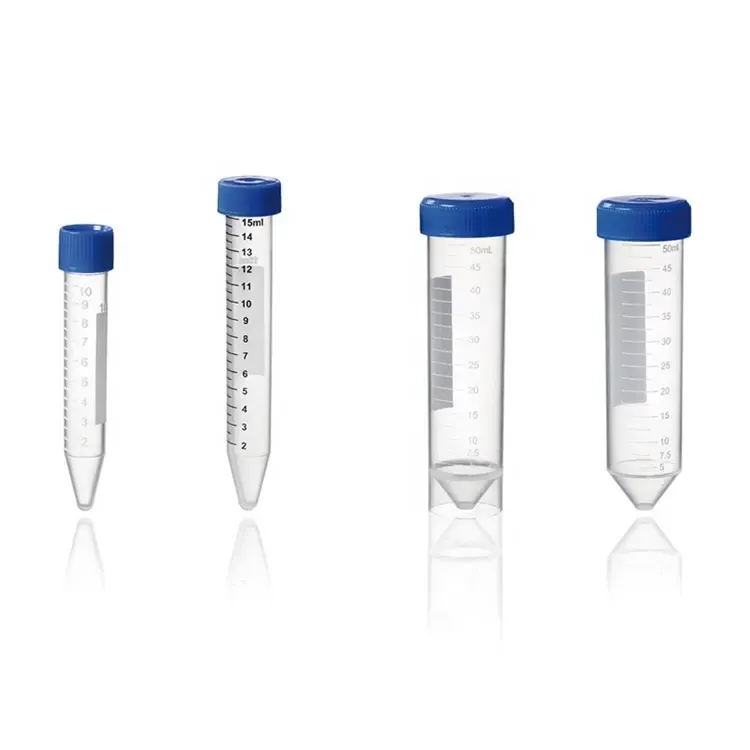
-
 Afrikaans
Afrikaans -
 Albanian
Albanian -
 Amharic
Amharic -
 Arabic
Arabic -
 Armenian
Armenian -
 Azerbaijani
Azerbaijani -
 Basque
Basque -
 Belarusian
Belarusian -
 Bengali
Bengali -
 Bosnian
Bosnian -
 Bulgarian
Bulgarian -
 Catalan
Catalan -
 Cebuano
Cebuano -
 Corsican
Corsican -
 Croatian
Croatian -
 Czech
Czech -
 Danish
Danish -
 Dutch
Dutch -
 English
English -
 Esperanto
Esperanto -
 Estonian
Estonian -
 Finnish
Finnish -
 French
French -
 Frisian
Frisian -
 Galician
Galician -
 Georgian
Georgian -
 German
German -
 Greek
Greek -
 Gujarati
Gujarati -
 Haitian Creole
Haitian Creole -
 hausa
hausa -
 hawaiian
hawaiian -
 Hebrew
Hebrew -
 Hindi
Hindi -
 Miao
Miao -
 Hungarian
Hungarian -
 Icelandic
Icelandic -
 igbo
igbo -
 Indonesian
Indonesian -
 irish
irish -
 Italian
Italian -
 Japanese
Japanese -
 Javanese
Javanese -
 Kannada
Kannada -
 kazakh
kazakh -
 Khmer
Khmer -
 Rwandese
Rwandese -
 Korean
Korean -
 Kurdish
Kurdish -
 Kyrgyz
Kyrgyz -
 Lao
Lao -
 Latin
Latin -
 Latvian
Latvian -
 Lithuanian
Lithuanian -
 Luxembourgish
Luxembourgish -
 Macedonian
Macedonian -
 Malgashi
Malgashi -
 Malay
Malay -
 Malayalam
Malayalam -
 Maltese
Maltese -
 Maori
Maori -
 Marathi
Marathi -
 Mongolian
Mongolian -
 Myanmar
Myanmar -
 Nepali
Nepali -
 Norwegian
Norwegian -
 Norwegian
Norwegian -
 Occitan
Occitan -
 Pashto
Pashto -
 Persian
Persian -
 Polish
Polish -
 Portuguese
Portuguese -
 Punjabi
Punjabi -
 Romanian
Romanian -
 Russian
Russian -
 Samoan
Samoan -
 Scottish Gaelic
Scottish Gaelic -
 Serbian
Serbian -
 Sesotho
Sesotho -
 Shona
Shona -
 Sindhi
Sindhi -
 Sinhala
Sinhala -
 Slovak
Slovak -
 Slovenian
Slovenian -
 Somali
Somali -
 Spanish
Spanish -
 Sundanese
Sundanese -
 Swahili
Swahili -
 Swedish
Swedish -
 Tagalog
Tagalog -
 Tajik
Tajik -
 Tamil
Tamil -
 Tatar
Tatar -
 Telugu
Telugu -
 Thai
Thai -
 Turkish
Turkish -
 Turkmen
Turkmen -
 Ukrainian
Ukrainian -
 Urdu
Urdu -
 Uighur
Uighur -
 Uzbek
Uzbek -
 Vietnamese
Vietnamese -
 Welsh
Welsh -
 Bantu
Bantu -
 Yiddish
Yiddish -
 Yoruba
Yoruba -
 Zulu
Zulu
Premium Plastic Dropper & Bottle Manufacturers Custom Solutions
- Market Overview: Global Demand for Precision Dispensing Solutions
- Technical Superiority in Modern Dropper Production
- Comparative Analysis of Leading Plastic Dropper Manufacturers
- Customization Strategies for Industry-Specific Requirements
- Success Stories: Application Across Multiple Industries
- Quality Assurance and Regulatory Compliance Standards
- Sustainable Future for Plastic Dropper Manufacturing

(plastic dropper manufacturers)
Meeting Global Demand as Plastic Dropper Manufacturers
The global dropper bottle market is projected to reach $2.8 billion by 2028 (Grand View Research), driven by pharmaceutical (42%), cosmetics (35%), and food industries (23%). Plastic beverage bottle manufacturers are adapting precision molding technologies to meet pharmaceutical-grade requirements, with 78% of top-tier suppliers now offering dual-capacity production lines for both droppers and beverage containers.
Engineering Excellence in Fluid Control Systems
Advanced manufacturing techniques have reduced particulate contamination by 93% since 2020 through:
- Multi-stage injection molding with ±0.01mm tolerance control
- FDA-compliant polypropylene compounds with 99.98% purity
- Automated vision inspection systems (0.1mm defect detection)
Industry Leaders Comparison
| Manufacturer | Annual Capacity | Material Options | Custom Tooling | Certifications |
|---|---|---|---|---|
| Droptech Solutions | 120M units | 8 polymers | 14-day lead time | ISO 15378, NSF |
| PrecisionFlow Containers | 85M units | 5 polymers | 21-day lead time | ISO 9001, USP |
| LiquiForm Packaging | 200M units | 12 polymers | 10-day lead time | FDA, EU GMP |
Tailored Solutions for Vertical Markets
Specialized configurations account for 61% of current orders:
- Pharma: Child-resistant closures (ISO 8317) with 0.5mL ±2% dosage accuracy
- CBD: UV-resistant amber PET with anti-tamper seals
- Cosmetics: Silicone-tip droppers with 360° rotation capability
Cross-Industry Implementation Cases
A recent deployment for a European vaccine producer achieved:
- 68% reduction in filling line downtime
- 0.003% leakage rate at -80°C storage
- Full compendial compliance across 23 regulatory jurisdictions
Compliance and Production Consistency
Top manufacturers maintain:
- Batch traceability through blockchain-enabled systems
- 83% first-pass yield rate on complex assemblies
- Annual USP <661.1> testing on all material grades
Plastic Dropper Manufacturers Driving Circular Economy
Industry leaders have achieved 92% PCR material utilization in standard products while maintaining mechanical performance. The latest collaborative initiative with plastic beverage bottle manufacturers has developed a closed-loop recycling system that reduces production waste by 78% compared to 2020 benchmarks.

(plastic dropper manufacturers)
FAQS on plastic dropper manufacturers
Q: What factors should I consider when choosing plastic dropper manufacturers?
A: Prioritize manufacturers with certifications (e.g., ISO, FDA), material quality, and customization capabilities. Ensure they comply with industry standards for safety and durability. Experience in producing droppers for your specific industry is also crucial.
Q: Can dropper bottle manufacturers customize packaging for niche industries?
A: Yes, many manufacturers offer tailored solutions for industries like cosmetics, pharmaceuticals, or essential oils. Customization options include dropper tip sizes, bottle colors, and branding. Confirm minimum order quantities (MOQs) and prototyping availability.
Q: Are plastic beverage bottle manufacturers able to produce dropper bottles?
A: Some beverage bottle manufacturers diversify into dropper production if equipped with specialized molding tools. Verify their expertise in precision components like dropper tips. Cross-industry suppliers may offer cost efficiencies for bulk orders.
Q: How do I ensure plastic droppers meet safety standards for medical use?
A: Choose manufacturers with ISO 13485 certification and FDA-approved materials. Request documentation like material safety data sheets (MSDS) and compliance testing reports. Third-party lab testing can further validate product safety.
Q: What are common materials used by plastic dropper manufacturers?
A: Most use polyethylene (PE) or polypropylene (PP) for chemical resistance and durability. High-clarity PET is popular for cosmetic dropper bottles. Ensure materials are BPA-free and suitable for your product’s viscosity.
-
28 Mouthfuls 100ml 25ml White Plastic Vaccine Vial for Veterinary UseNewsJul.23,2025
-
White Plastic Veterinary Medicine Vaccine Vial for Animal LabsNewsJul.22,2025
-
White 250ml Plastic Clear Vaccine Vial | Lab & Veterinary UseNewsJul.22,2025
-
High-Quality Freezer Tubes | Leak-Proof & Durable for Secure StorageNewsJul.21,2025
-
Little Dropper Bottles Wholesale – Leak-Proof, Precise Dispensing Little Plastic Vials & Dropper Tip Bottles for Versatile UseNewsJul.08,2025
-
What is a Culture Plate? Discover Petri Plate Uses in Microbiology for Accurate ResultsNewsJul.08,2025






















